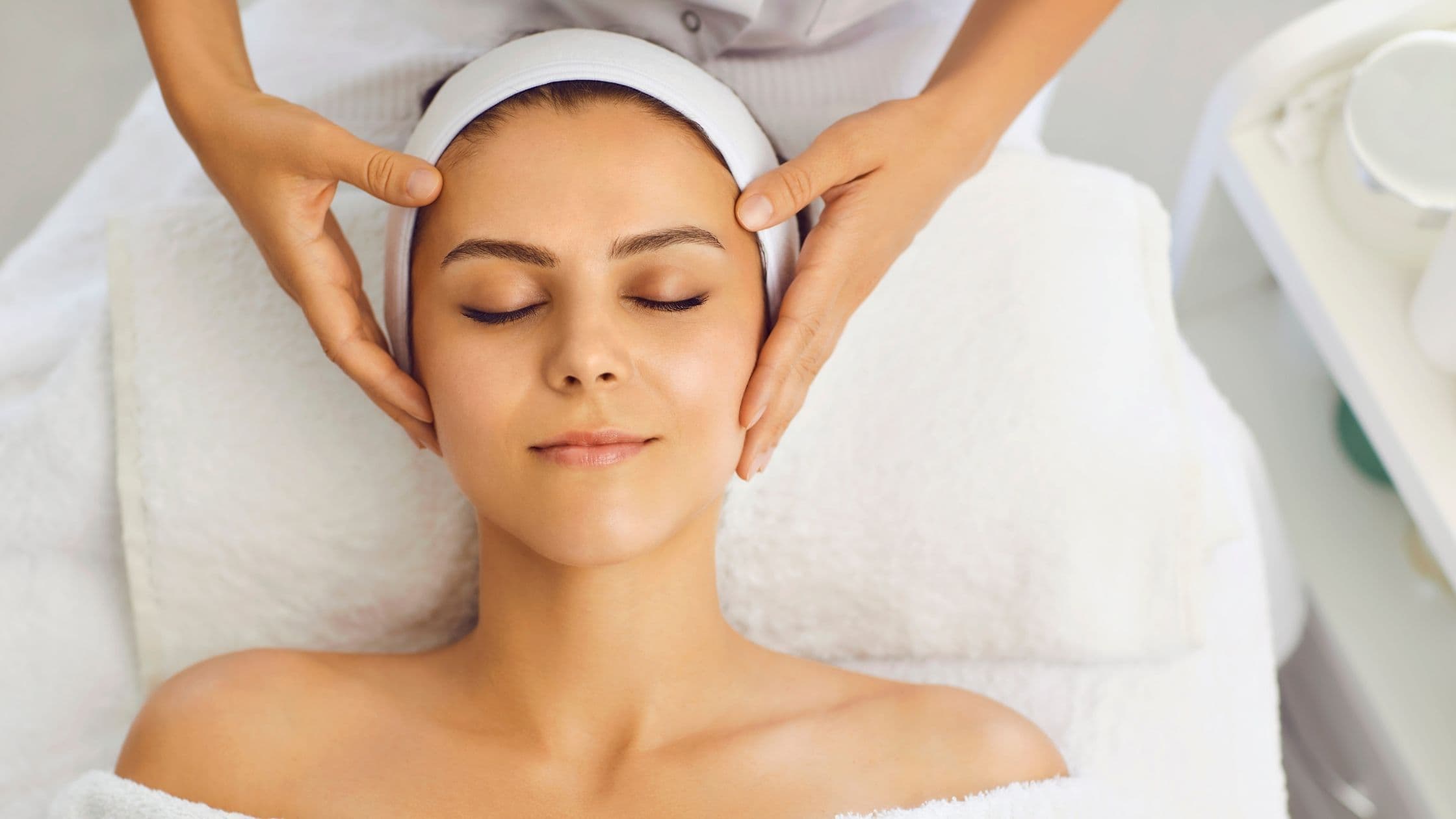3 min read
Unveiling the Symptoms of Common Skin Concerns.
The term "skin care" itself doesn't have specific symptoms. However, it encompasses a wide range of conditions that can manifest through various signs and symptoms on your skin.

Here's a breakdown of some common skin concerns and their associated symptoms:
Dryness:
- Rough, Flaky Texture: Dry skin often feels rough and scaly, with visible flakes on the surface.
- Tightness: Dry skin can feel tight and uncomfortable, especially after washing or spending time in dry environments.
- Itching: Dry skin can be itchy, especially on areas like the legs, arms, and hands.
- Increased Visibility of Fine Lines: Dryness can make fine lines and wrinkles more noticeable.
Oiliness:
- Shiny Appearance: Oily skin often has a shiny or greasy appearance, particularly on the forehead, nose, and cheeks.
- Enlarged Pores: Oily skin can lead to enlarged pores, which can trap dirt and oil, potentially causing breakouts.
- Blackheads and Whiteheads: These clogged pores can appear as blackheads (open comedones) or whiteheads (closed comedones).
Sensitivity:
- Redness: Sensitive skin can react easily to various triggers, causing redness, irritation, and burning.
- Stinging or Itching: Sensitive skin might experience a stinging or itching sensation after exposure to certain products or environmental factors.
- Dry Patches: Sensitivity can sometimes manifest with dry, patchy areas alongside redness and irritation.
Acne:
- Pimples: These inflamed lesions can appear in various forms, including whiteheads, blackheads, papules (red bumps), and pustules (pus-filled bumps).
- Redness and Inflammation: Acne often causes redness and inflammation around the pimples.
- Scars: Acne breakouts can leave behind scars, especially if they are severe or not treated properly.
Eczema (Atopic Dermatitis):
- Dry, Itchy Skin: Eczema causes intense itching and dry, scaly patches on the skin.
- Redness and Inflammation: Eczema can cause red, inflamed patches, especially on the face, hands, and inner elbows.
- Cracked Skin: Chronic scratching and dryness can lead to cracked skin, which can be painful.
Psoriasis:
- Red, Scaly Patches: Psoriasis causes raised, red patches covered with thick, white scales.
- Itching and Burning: These patches can be itchy and burning, causing significant discomfort.
- Cracked Skin and Bleeding: In severe cases, psoriatic patches can crack and bleed.
Rosacea:
- Facial Redness: Rosacea causes flushing and redness, particularly on the central face (cheeks, nose, chin).
- Visible Blood Vessels: Tiny blood vessels might become visible on the surface of the reddened skin.
- Pimples and Bumps: Some forms of rosacea can involve small, red bumps or pustules similar to acne.
Sun Damage:
- Premature Aging: Sun exposure can accelerate the signs of aging, leading to wrinkles, fine lines, and loss of elasticity.
- Sunburns: Redness, pain, and blistering are common symptoms of sunburn.
- Uneven Skin Tone: Sun damage can cause hyperpigmentation (dark spots) and hypopigmentation (lighter patches) on the skin.
- Leathery Texture: Long-term sun exposure can give the skin a rough, leathery texture.

It's Important to Note:
- The severity and specific symptoms of these conditions can vary from person to person.
- Some skin concerns might have overlapping symptoms, making self-diagnosis challenging.
- If you experience any concerning skin symptoms, it's advisable to consult a dermatologist for proper diagnosis and treatment.
By understanding the different types of skin conditions and their associated symptoms, you can take a proactive approach to your skin health. Consulting a dermatologist can help you create a personalized skincare routine to address your specific concerns and achieve healthy, radiant skin.